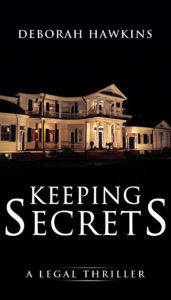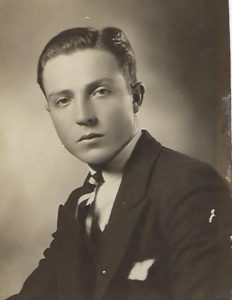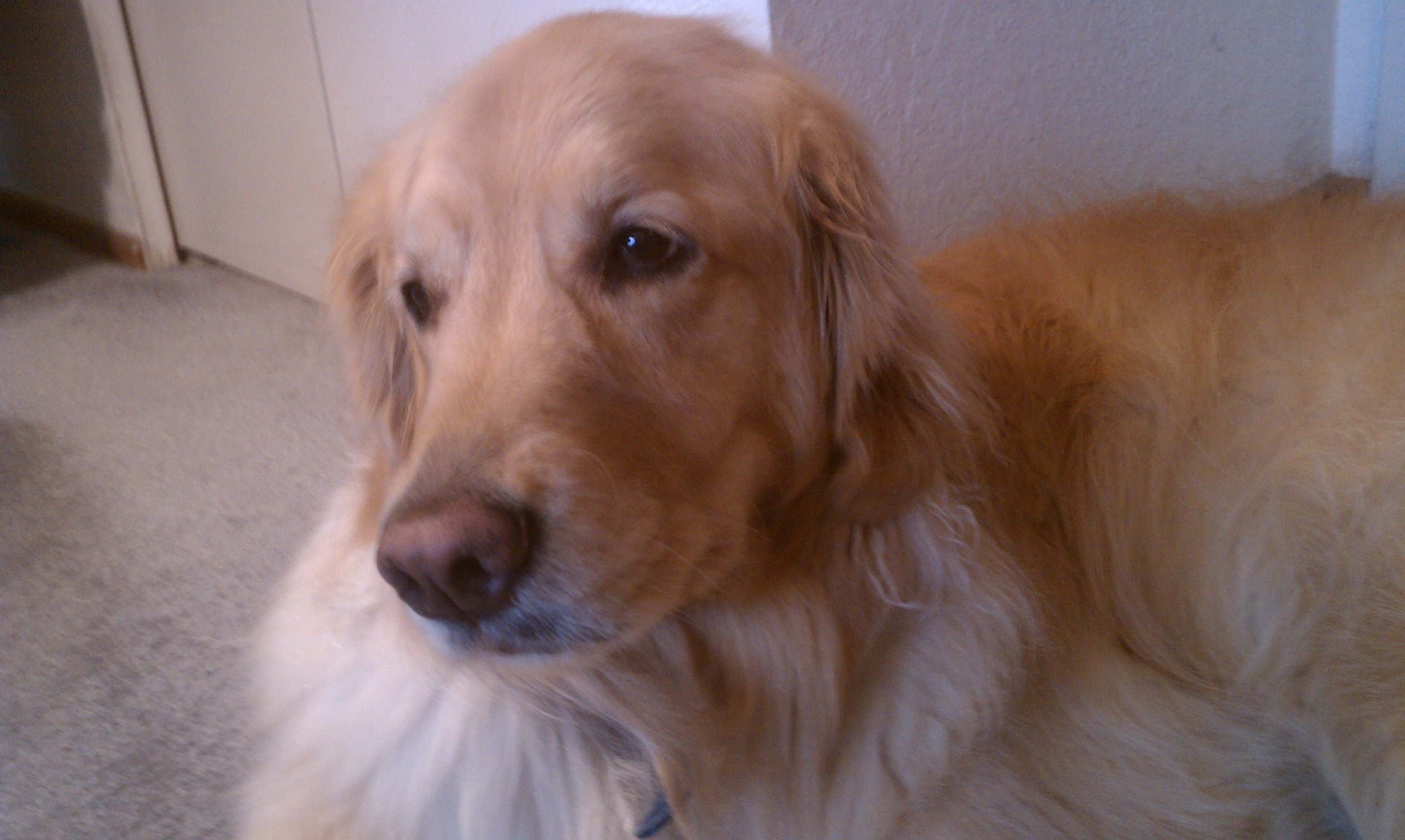In Defense of Defending Our Work as Authors

Are authors allowed to defend their work? Is an author a bad actor for speaking out in his or her own defense?
When I published my first novel, Dance for A Dead Princess, in 2013, I quickly learned that, according to prevailing professional standards, an author exhibited bad manners if he or she responded to a critical review. Fellow authors informed me that no matter how wrong a reviewer had gotten the plot or the characters or even the spelling of my name, it was strictly forbidden to answer back. Strictly. Even the ad hominem attack, the lowest form of argument, could not be answered. I was also informed that, by and by, I wouldn’t even bother to read the reviews.
I can’t say that I ever stopped reading reviews entirely. Feedback from readers is important. Language is inherently
But based upon the views of other authors, I came to see the review arena as off-limits to me as an author. I could stop by like a hovering ghost and observe what was taking place below, but I couldn’t reveal my presence in any way. For a long time, I abided by the notion that authors were supposed to suck it up in silence no matter how foul or untrue the blow the reviewer administered. Sometimes it felt like being slapped across the face and not being able to cry out in pain.
I think the first time I wrote a response to a reviewer was after I published my first legal thriller, Dark Moon. In Moon, Sarah Knight, the main character takes on the defense of Alexa Reed, who allegedly has killed her ex-husband, the son of Coleman Reed, a sitting United States Supreme Court Justice, and a psychologist who has been a fixture in the San Diego legal community for longer than anyone can remember. The legal community is solidly against Sarah’s efforts to prove her client innocent because of Coleman Reed’s influence and because of the community’s loyalty to the psychologist. The story makes it clear that both law enforcement and the judicial system are stacked against Sarah’s efforts to help Alexa Reed. So when Sarah has a nearly fatal accident in her car, she doesn’t call the police because she knows the police would do nothing for her.
A reviewer lambasted this portion of the plot as “unrealistic.” The reviewer’s theory was everyone calls the police when in danger and the “good cops” show up and dispense justice on the spot without regard to their personal bias. Of course, nothing could be further from the truth. So I wrote a few sentences pointing out that Sarah would have received no benefit from calling a law enforcement agency because all of them wanted her dead just as much as the person who had damaged her brakes.
Not long after that, someone else jumped on the “unrealistic” bandwagon. One of the things I have noticed about reviewers is that when one of them strikes a critical blow, several will crowd in quickly to try to strike harder blows on the same subject. To me, it looks like “roughing the kicker” in football, except there is no referee.
After the “cops are unbiased and always good” reviewer left the building, another reviewer showed up to complain that the whole plot of the novel was “unrealistic” because “judges aren’t biased.” Actual case law will tell you this is not true, and I once reversed a murder conviction on that very ground: the trial judge was biased. So I quietly pointed out to “unrealistic reviewer number two” that I have been an attorney for more than thirty years.
After that, I made it a practice to point out inaccuracies here and there when I felt that a false statement in a review would deter another reader from giving one of my books a try. Not always and not often. And never to try to persuade the hater reviewer that he or she should have liked the book. Not everyone likes every book, and some people derive great delight in handing out poor reviews to every single book that they read. But I have made a few comments here and there to some of the more
This practice seems perfectly normal to me. In my “day job,” I regularly write replies. An appeal in California consists of the Appellant’s Opening Brief, a Respondent’s Brief, and an Appellant’s Reply Brief. In the Opening Brief, I tell the client’s story and give it five stars for reversal. In the Respondent’s Brief, the Attorney General gives my opening brief a one-star review. The AG says I’m wrong about the law and the facts and my client couldn’t be more guilty. And then in the Reply Brief, I explain why the AG is “mistaken” and has “overlooked” critical facts, giving the AG a two-star review at best. This whole process is more like a stately dance than an argument. Both sides use carefully chosen professional rhetoric. I suppose my decision as an author to break the “no reply to reviewers” taboo was simply an offshoot of what is expected of me in my “day job.” A lawyer is not supposed to remain silent in the face of a verbal attack on his client.
Recently, I encountered two criticisms of me for defending my novels. Someone on a Goodreads forum said “she answers back,” and in a Facebook forum that had nothing to do with books or reviews or even being an author, a gentlemen accused me of always replying to “one-star” reviews. He meant to vilify me as someone who refused to accept criticism. He had called me “childish” because I had written that I did not think Neil Gorsuch was an appropriate choice as a Trustee of the Williamsburg Foundation. I had replied that I am an attorney and in my professional view, the Foundation made a poor choice. The gentleman then shot back his purportedly damning “childish” label and made it clear that a woman who “speaks out” in any forum is a woman who does not know that “nice” women do not express or defend themselves. “Seen but not heard” was his major premise. And my crime was even greater because I am an author who defends her work. His position was based upon his belief that all Supreme Court justices deserve nothing but unswerving hero worship merely because of their positions on the court. (He should do some historical research on Justice William O. Douglas.) His logic was similar to that of the “good cops are never biased” reviewer. Enough said.
My position is this, right or wrong: I believe that all who participate in the artistic process have the right to be heard. The consumer has a right to describe his or her honest experience with that piece of art, however inaccurate that might be. And I believe that all creators, whether authors, painters, actors, or musicians, have the right to defend themselves and their art under appropriate circumstances and using appropriate words. I don’t think that being an artist takes away the right to speak up in one’s own defense. What do you think?










